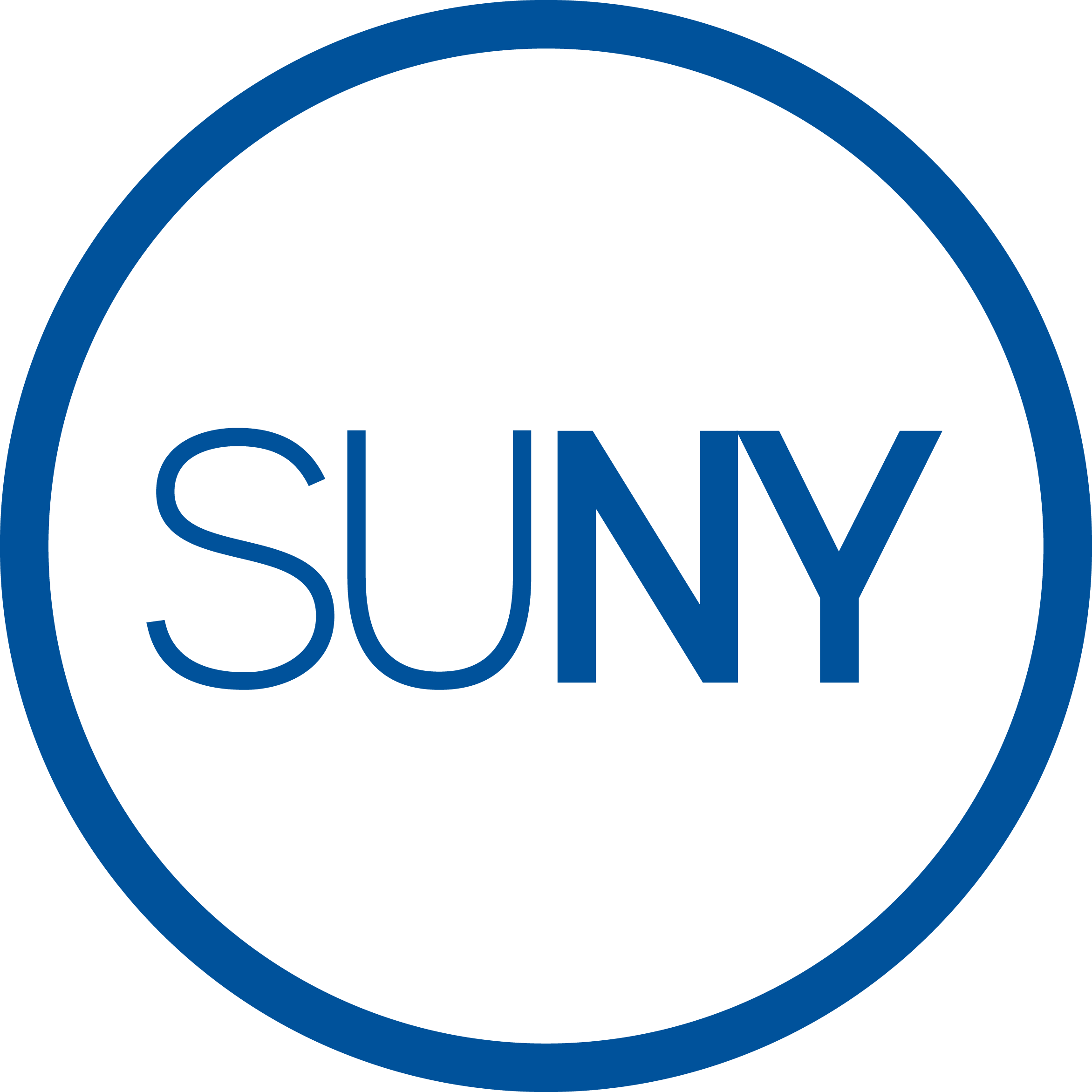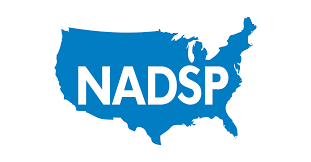Microcredentials
Get certified for the skills you need at SUNY Orange!
Add verified skills and competencies to your resume with flexible microcredential programs from SUNY Orange. Microcredentials are short, focused credentials designed to provide in-demand skills, know-how, and experience. Stackable microcredentials can also provide a pathway to a certificate or to an initial or advanced degree.
With a microcredential, you can:
- Learn a new skill in months, not years.
- Stand out in a competitive job market
- Stack microcredentials to earn credit toward a certificate or degree.
- Consider or embark upon a career change
- Stay on top of changes in your field
SUNY Orange Microcredentials
Direct Support Professional (DSP-I and DSP-II)
The SUNY Orange Direct Support Professional (DSP-1 and DSP-2) microcredentials are offered in collaboration with the Office of People with Developmental Disabilities (OPWDD), the National Alliance for Direct Support Professionals (NADSP), and the State University of New York (SUNY) through a special grant program.
The microcredential is designed to help Direct Support Professionals serving individuals with intellectual and developmental disabilities enhance their careers and skills. The necessary competencies and academic foundation for obtaining NADSP Level I and II comprise the core of the offerings. In support of this online, highly interactive, and hands-on sequence, the College is able to provide full funding for tuition, fees, books, course materials, and NADSP credentialing.
DSP-I Microcredential Learning Outcomes:
- Relate the codes of ethics defined by NADSP and OPWDD to the role of the DSP
- Identify the support services that assist people in leading self-directed lives
- Identify and promote the needed cognitive and behavioral skills of people served to foster lifetime health, fitness and wellness in line with individual’s personal needs
- Determine when and how to report potential or actual abuse, neglect, exploitation, or harm to people served
- Apply legal requirements concerning the confidentiality and privacy of client information to specific work situations
- Integrate classroom learning with field experience in order to meet agency and individual expectations
DSP-II Microcredential Learning Outcomes:
- Highlight the important characteristics of observation, assessment, documentation, and evaluation
- Establish ethical tenets rooted in national best practices
- Demonstrate familiarity with disability services systems
- Apply legal requirements concerning the confidentiality and privacy of client information to work situations
- Demonstrate coherent college-level oral communication that informs, persuades, or otherwise engages an audience
- Evaluate communication for substance, bias, and intended effect
- Demonstrate an understanding of how to apply principles of a professional Code of Ethics in working in Human Services
- Demonstrate the ability to listen, paraphrase and problem solve
Successful completion of the DSP-1 and DSP-II microcredentials will give the student:
- Transferable academic credits that can be applied to future certificates and degree programs at a number of institutions
- A nationally recognized certification by NADSP for DSP-I and DSP-II
- A $750 incentive for eligible students upon successful completion for every level of microcredential, DSP-I and DSP-II
SUNY Orange offers a comprehensive range of on-campus academic support and coaching services to prioritize student success and a strong collaboration with local agencies.
Course Sequences
DSP I
HMS 101- Introduction to Human Services
Field Work Experience
PSY 111 - Introduction to Psychology
Field Work Experience
DSP II
HMS 201 - Field Experience
ENG 160 - Technical Writing for Human Services
*Beginning in Spring 2025, DSP 2 will be comprised of three credit-bearing courses
(third course TBA)
For more information contact:
Nolly Climes, LMHC
Human Services Coordinator
Behavioral Sciences Department
nolly.climes@sunyorange.edu
(845) 341-4139



Cannabis Cultivation
The Cannabis Cultivation Microcredential provides verification of industry knowledge and skills for entering the cannabis cultivation workforce. Courses integrate horticultural education with workforce development field experiences that introduce students to local employers. Internships provide hands on learning of industry skill.
Credit-bearing courses for this microcredential:
|
Course |
Semesters Offered |
|---|---|
|
BIO 101 - General Biology 1 |
Fall/Spring |
|
HRT 101 - General Horticulture (minimum C letter grade) |
Fall |
|
HRT 150 - Horticultural Cannabis |
Spring |
|
HRT 220 - Horticulture Internship |
Summer |
Non-credit components of this microcredential:
|
Course |
Semesters Offered |
|---|---|
|
Cannabis Career Exploration and Worker Rights Certificate Program - CWI (Spring) (Required) |
Spring |
|
HACCP Training |
Spring |
|
GMP Training |
Spring |
Outcomes of this microcredential:
- Provide foundational skills for an entry-level career as a cannabis cultivation technician
- Solve problems and think critically for growing plants in various landscapes
- Provide biological understanding of plant structure and basic plant physiology
- Gain hands-on learning of cultivation practices through academic work, workforce field experiences, and internships
- Manage all cannabis growth stages and post-harvest preparation techniques for legal flower sales
- Examine Good Manufacturing Practices (GMPs)
- Understand characteristics of a Hazard Analysis and Critical Control Points (HACCP) Plan
For more information contact:
Frank Traeger
Chair, Biology Department
frank.traeger@sunyorange.edu
(845) 341-4154
Sam Dillon
Assistant Chair, Biology Department
tandee.dillon@sunyorange.edu
(845) 341-4298
Early Childhood Foundations
The Early Childhood Foundations microcredential is for individuals working in the field who are looking to strengthen their skills and earn college-level credit, but who may not yet be ready to commit to a full degree program. Additionally, this pathway is appropriate for individuals just starting out in a career in early childhood. Coursework will provide foundational knowledge in the areas of child development, health and safety, and play-based learning.
Courses
EDU 101 - Child Development
EDU 105 - Preparing to Teach Young Children
EDU 107 - Protecting Children's Well-Being
EDU 111 - Childhood Health and Safety
PED 156 - Infant and Child First Aid and CPR\
Outcomes of this microcredential:
- Demonstrate a firm foundation of knowledge in child development
- Identify essential concepts of developmentally appropriate practice in teaching young children
- Describe how a play-based curriculum fosters the development of the whole child
- Identify ways to promote the health, safety, and well-being of young children within the educational environment and in partnership with families
- Explain key components of the NYS Child Abuse Identification and Prevention, SAVE, and Dignity Act legislation
- Identify principles of safety awareness and accident-illness prevention, as well as practice in the techniques of First Aid care for infants and children
For more information contact:
Katherine Sinsaubaugh
Chair, Education Department
katherine.sinsabaugh@sunyorange.edu
(845) 341-4486
IT Support Tech
This microcredential prepares learners with the foundational knowledge and skills to work in an IT Support position. This program is designed to meet the universal needs of a diverse industry while addressing the most foundational computer skills. Credits stack toward degree programs in both Cybersecurity and CIT-Networking.
Courses
CIT 100 - Computer Literacy
CIT 105 - Data Communication and Networking
CIT 112 - Computer Hardware and Software
Seminar Series: Foundation of Customer Service in IT Support
Outcomes of this microcredential:
- Develop a firm understanding of Information Technology from the perspective of organization, applications, security, governance, and trends
- Demonstrate knowledge of current computer networking technology along with an understanding of computer hardware and software design, configuration and support including troubleshooting
- Become skilled in providing technical support and service to the IT user community including customer interactions, help desk communications, and problem solving
For more information, contact:
Bruce Roman
Chair, Computer Science and Technology Department
bruce.roman@sunyorange.edu
(845) 341-4523

